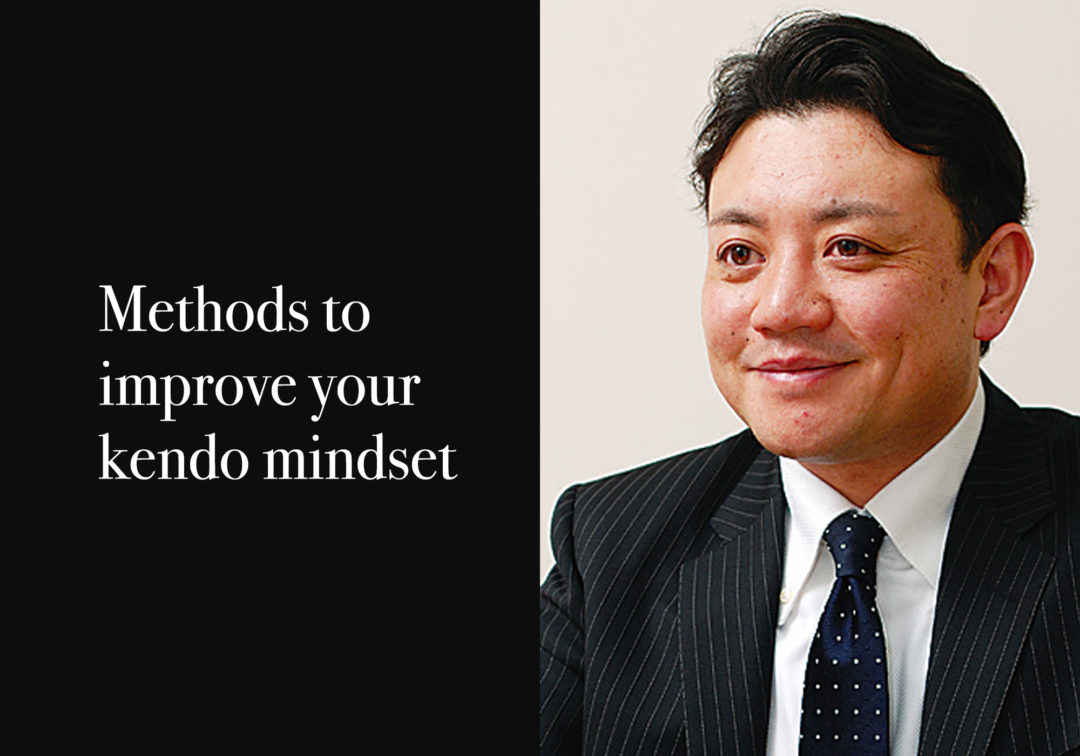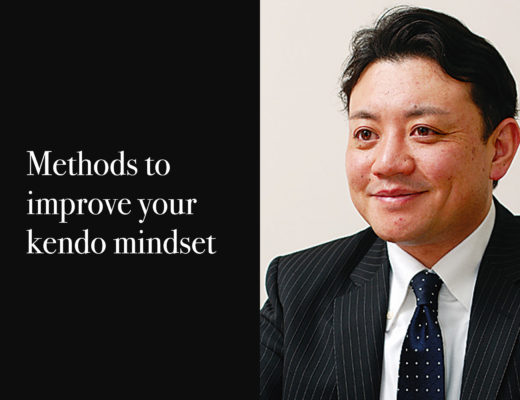What I was aiming for in this writing was not just to show the knowledge and topic of difficult psychological research, but also to point out what different generations of swordsmen and athletes have been feeling, thinking and doing in their daily lives while being as specific and as easy-to-understand as possible based on psychological theory and methodology. Each article is based on developing a story that links a psychological theme with kendo and everyday situations. Even if you end up keeping in mind only one of these phrases, it will be a great pleasure for me as an author if that becomes the foundation of your kendo tomorrow.
Yano Hiromitsu
Born in Yuzawa City, Akita Prefecture in 1968. Graduated from Tokai University’s Faculty of Physical Education in kendo followed by the Tokai University Graduate School of Physical Education (Sports Psychology). Graduated from Nagoya University Graduate School of Education and Development Science (Psychology). Ph.D.(Psychology). Currently a professor at the Kochi University Department of Education. As a sports psychology specialist, he worked on support for various competitions and at the same time directed the Kendo Club at Kochi university. He is also active internationally, including the position of Swedish National Kendo Team Director (2006). He has consistently developed research activities focusing on the connection between mind and body. Participated in the All Japan East-West Kendo Tournament receiving the Excellent Match Award. Kendo 7th Dan Kyoshi.
Become what you could be through your self-image
What comes to mind when thinking about self-image? It refers to the image that you have created of yourself. People evaluate themselves and make judgments that they are a certain way. However, psychological research has shown that people rarely become more than the image they have created for themselves. This means that having too small of a self-image can hinder a person’s growth.
In Kendo, too, self-image often interferes with improving one’s skills. For example, thinking that you can’t advance through the ranks or you can’t use techniques like other people apply here. This also has a negative impact on children’s growth processes. Do you remember telling yourself you can’t do something or you aren’t good enough?
To illustrate this, let me tell this story about circus elephants.
The rest of this article is only available for Kendo Jidai International subscribers!



